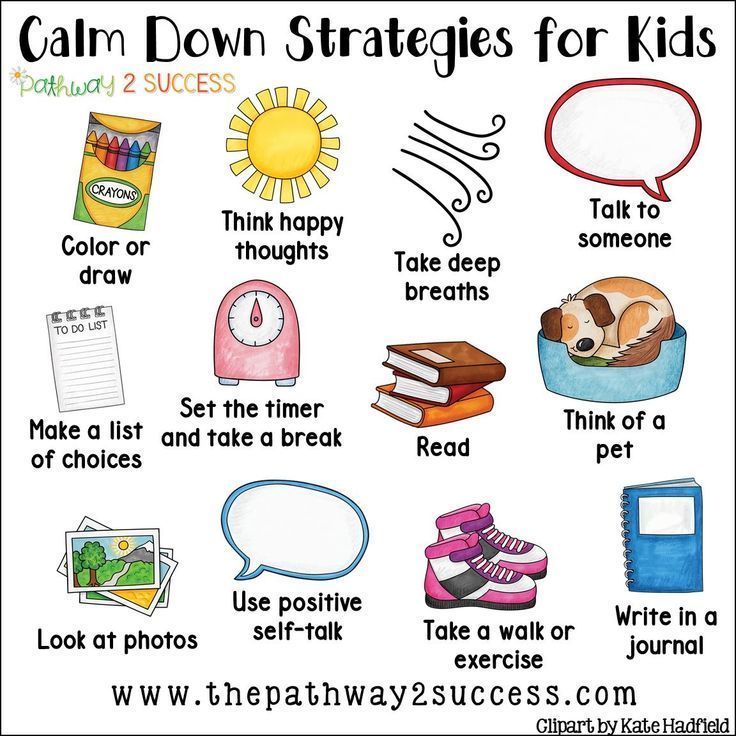Helping Kids Cope with Stress and Pressure
In today’s fast-paced world, kids are facing more stress and pressure than ever before. From academic expectations to social media influence, children are constantly bombarded with challenges that can take a toll on their mental and emotional well-being. As parents and caregivers, it is important to recognize the signs of stress in children and provide them with the tools and support they need to cope effectively.
Understanding the Impact of Stress on Kids
Stress is a normal part of life, but when it becomes chronic or overwhelming, it can have serious consequences for children’s health and development. Research has shown that prolonged stress can lead to a variety of physical and emotional symptoms, including headaches, stomachaches, anxiety, and depression. In extreme cases, chronic stress can even contribute to the development of serious health conditions such as heart disease and diabetes.
Recognizing the Signs of Stress in Children
It’s important for parents to be able to recognize the signs of stress in their children so that they can take action to help. Some common indicators of stress in kids include changes in mood or behavior, difficulty concentrating, withdrawal from activities they once enjoyed, and physical complaints such as headaches or stomachaches. If you notice any of these symptoms in your child, it’s important to address them promptly and provide the support they need to cope.
Tools and Strategies for Helping Kids Cope
There are a variety of tools and strategies that parents can use to help their children cope with stress and pressure. One of the most important things you can do is create a supportive and loving environment at home where your child feels safe and comfortable expressing their feelings. Encouraging open communication and active listening can help your child feel heard and understood, which can go a long way in reducing their stress levels.
Regular exercise and physical activity can also be effective in reducing stress and improving mood. Encourage your child to participate in activities they enjoy, whether it’s playing sports, dancing, or going for a bike ride. Physical activity releases endorphins, which are known as “feel-good” hormones that can help to reduce stress and promote a sense of well-being.
Teaching your child relaxation techniques such as deep breathing, meditation, and mindfulness can also be helpful in managing stress. These practices can help your child learn to calm their mind and body when they are feeling overwhelmed, allowing them to regain a sense of control and perspective.
Seeking Professional Support
If your child is struggling to cope with stress and pressure, it may be helpful to seek the guidance of a mental health professional. A therapist or counselor can work with your child to develop coping strategies and provide support as they navigate through difficult emotions and challenges. Don’t hesitate to reach out for help if you feel that your child would benefit from professional support.
Conclusion
Helping kids cope with stress and pressure is an important part of parenting in today’s fast-paced world. By recognizing the signs of stress, providing a supportive environment, and teaching coping strategies, parents can help their children build resilience and develop healthy ways of managing stress. Remember that it’s okay to seek help from a professional if your child is struggling – you are not alone in this journey.


